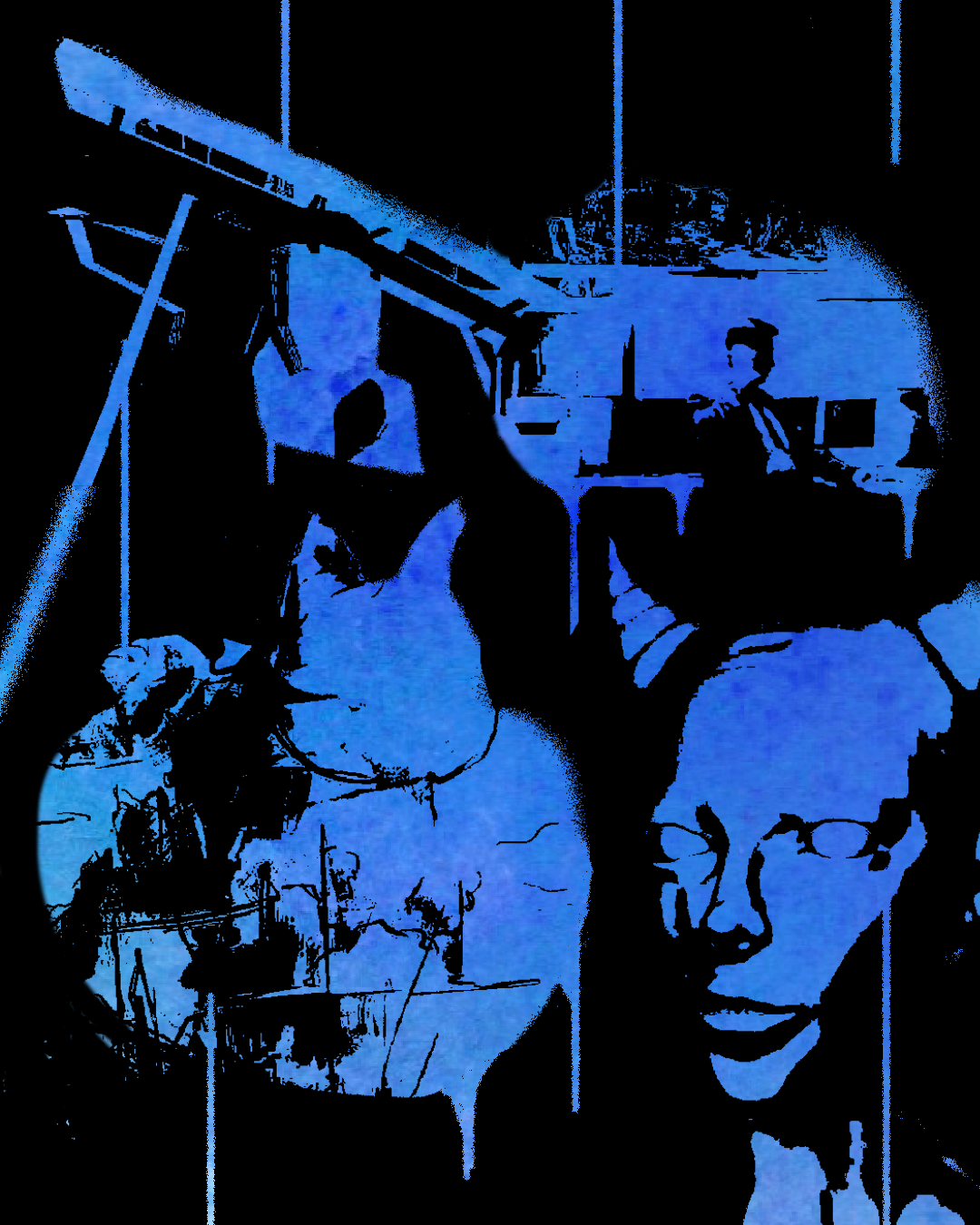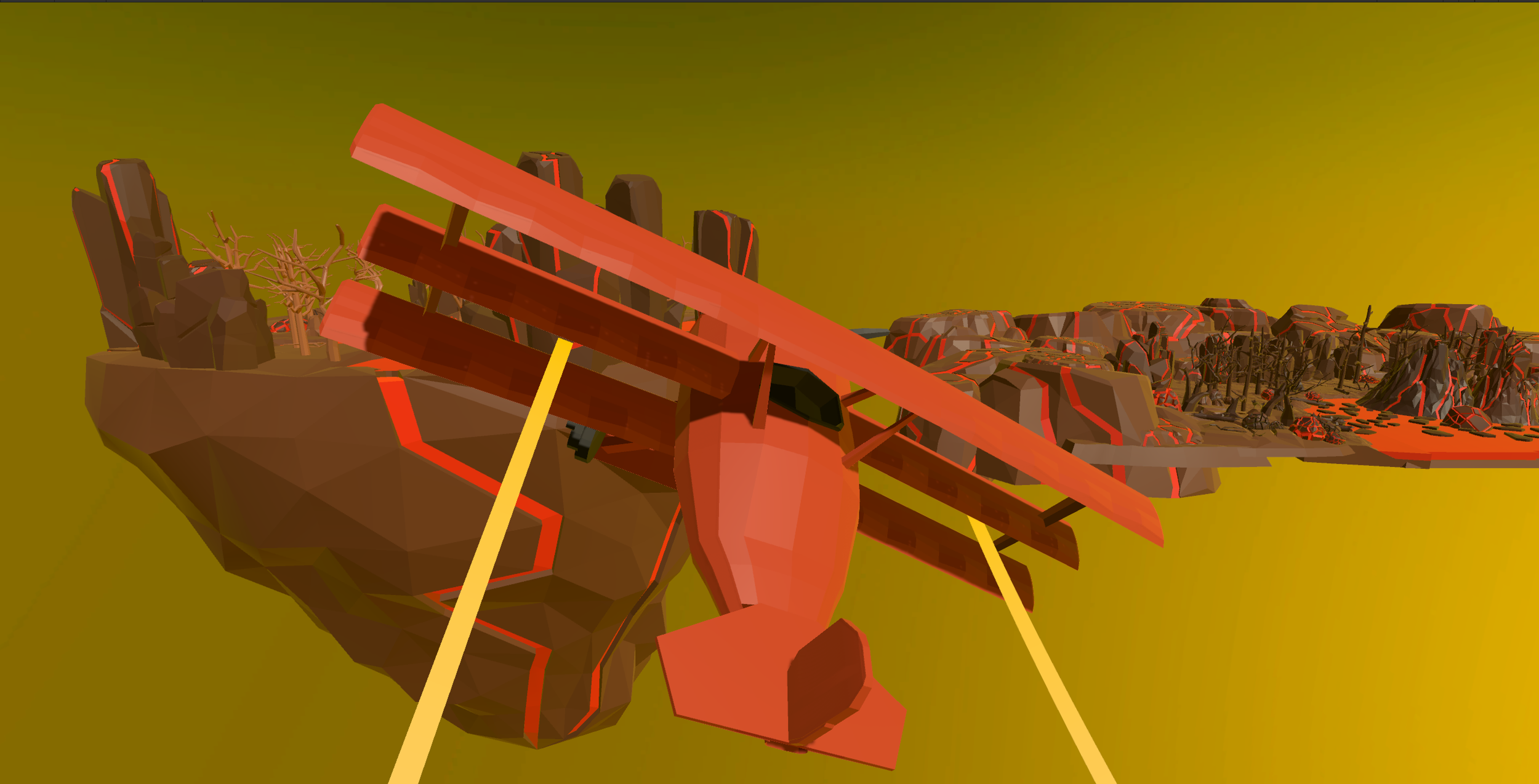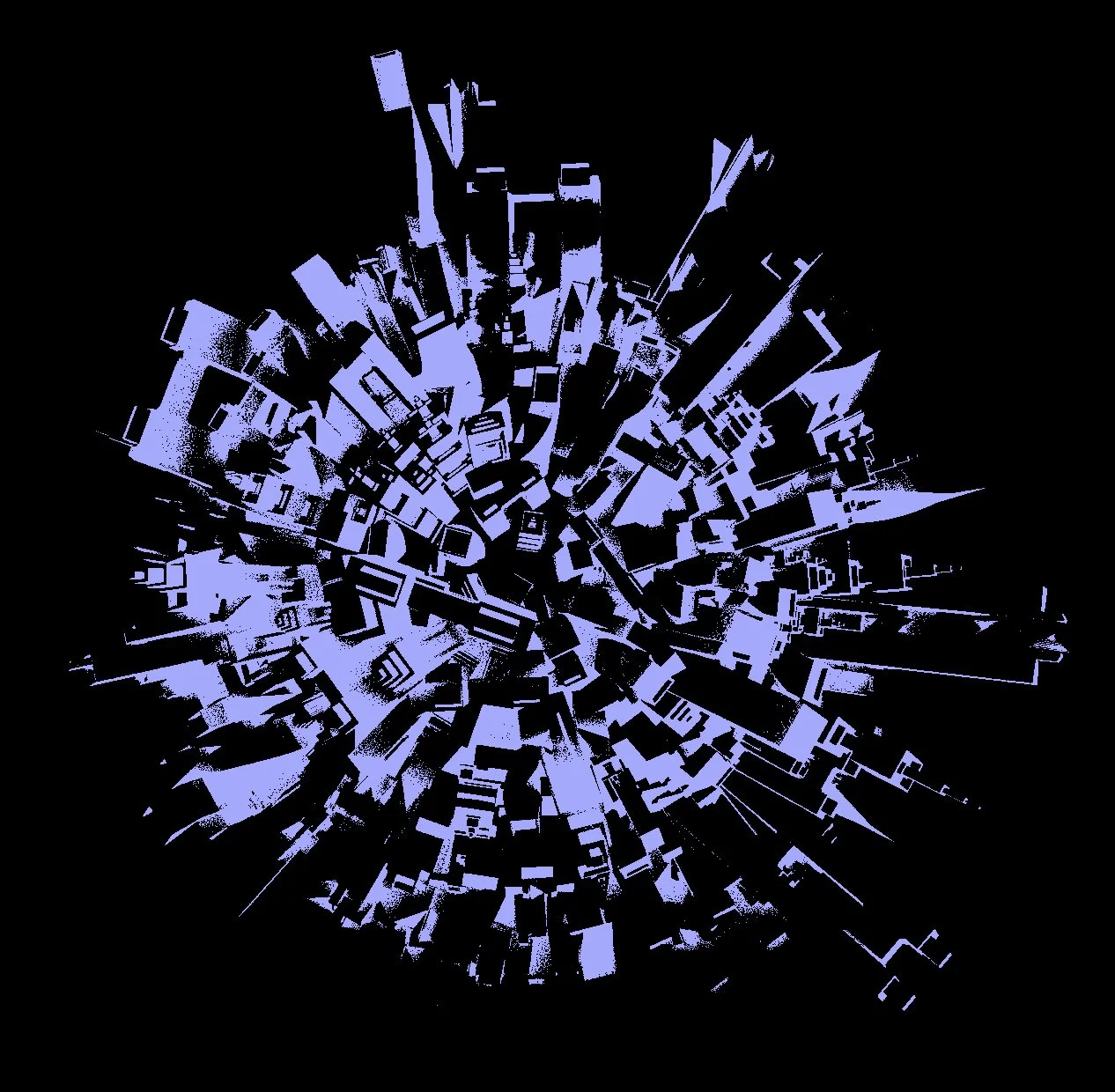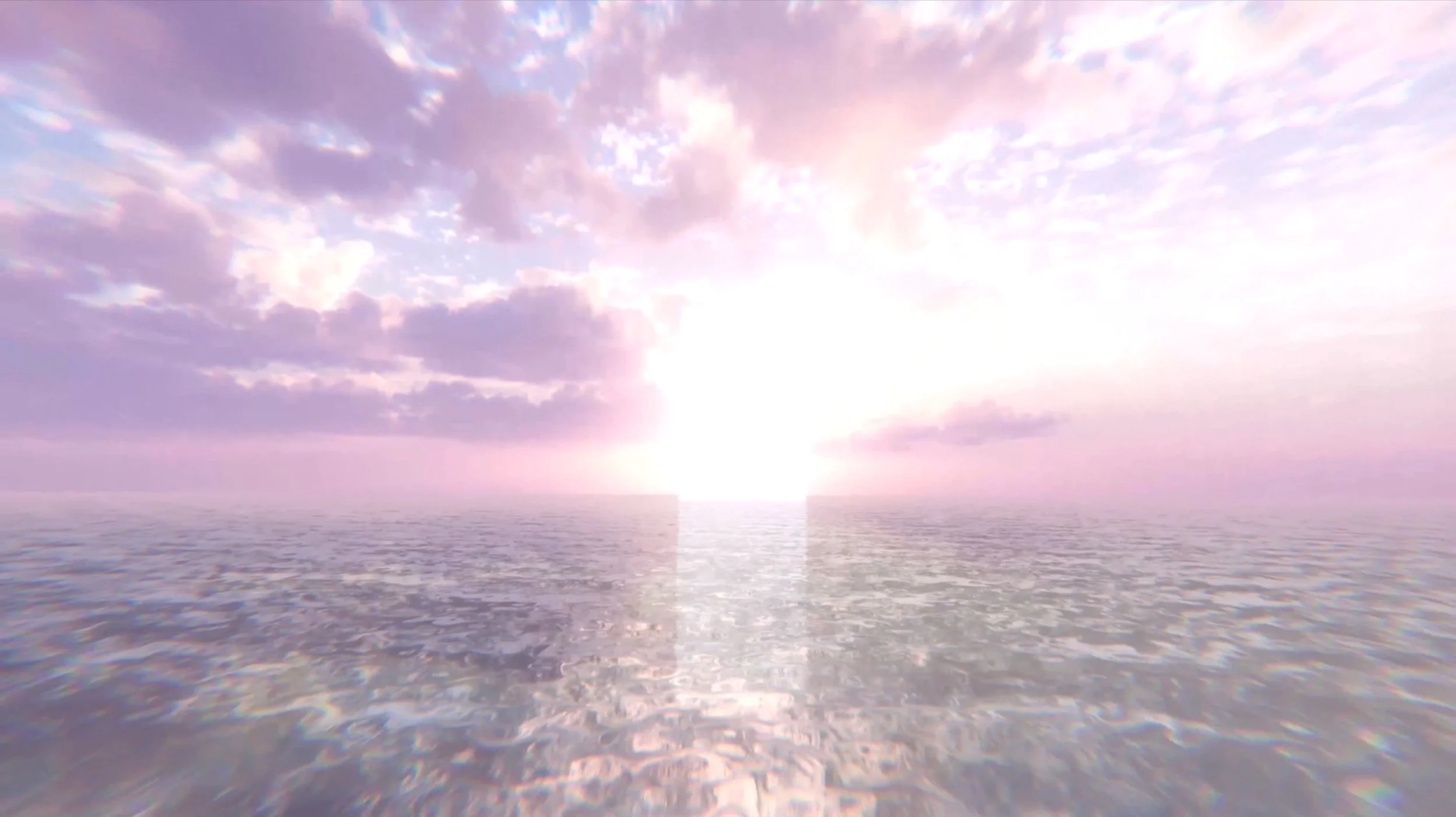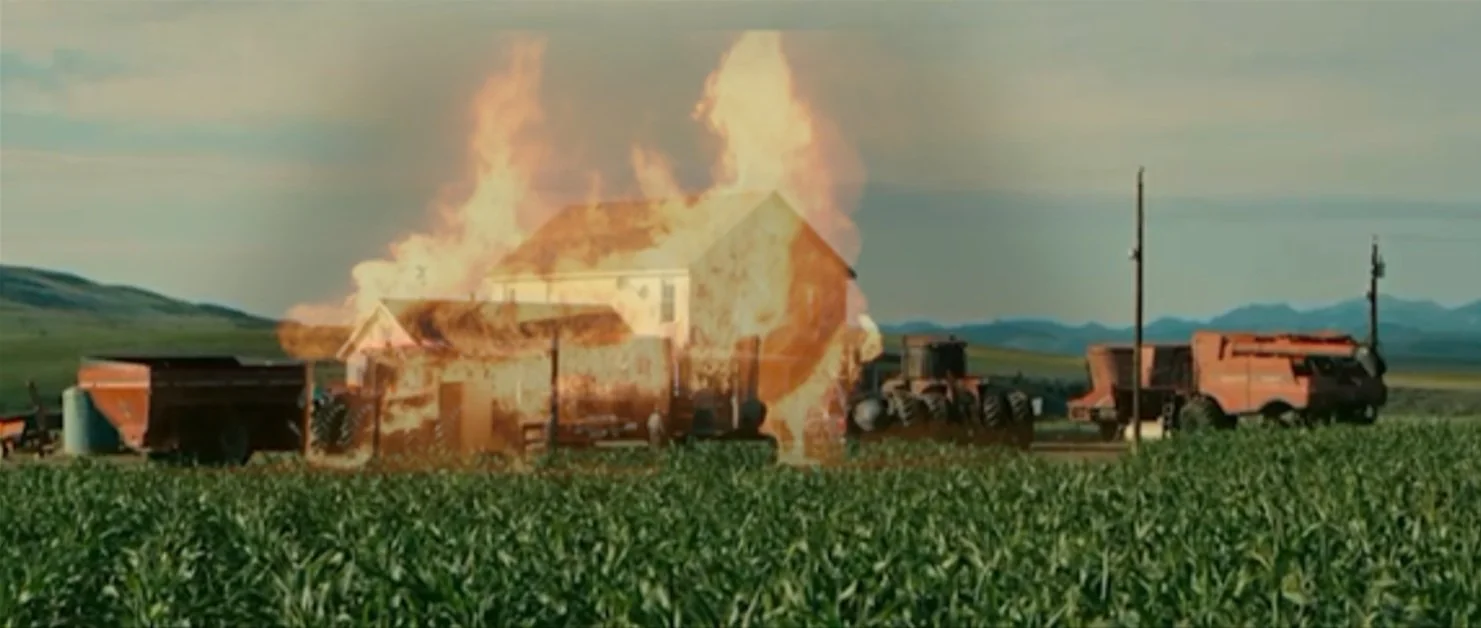Algorithmic Unconscious
Daisy Lang, Ellena-Maria Kappos, Imogen Adeoye, Hany Radwan-Radulescu, Cara McDerment, Eric Wei, Stephanie Lin, Allison Zhong, James Thom, Maria Mujib, Aaron Wang
Part of arebyte 2023/24 programme The Body, The Mind, The Soul
Opening Event : Thu 29 Feb 2024 6:30pm
Exhibition runs from 1 to 3 Mar 2024 1 - 6pm, free (no booking required)
University new media projects exploring the depths of consciousness
Algorithmic Unconscious is a group exhibition by UCL BA Media students responding to arebyte’s current artistic focus on The Body, the Mind, the Soul, an exploration of the complex nature of humanity in the realm of technological progress.
Developed with curatorial and production support from arebyte team and UCL tutors, students present new media projects that examine the impact of digital transformation on the mind, focusing particularly on unconscious processes such as emotions, addiction, and dreaming.
In the non-traditional game by Aaron Wang, anger, fear, joy, and sadness provide the backdrops for quests. Emotions play a crucial role in decision-making, yet human decisions can veer off course, leading to addiction when addictive substances are introduced into the game. James Thom's installation serves as a cautionary message, urging us not to press the button of addiction, even though the only way to explore his work is by pressing the button repeatedly. The generated film 0714 by Ellena-Maria Kappos, Imogen Adeoye, Hany Radwan-Radulescu, Cara McDerment, and Daisy Lang -reveals how generative algorithms influence audio-visual media and the people who watch them. Meanwhile, in Dream Diary by Eric Wei, Stephanie Lin, and Allison Zhong, the artists delve into the surreal landscapes of the human mind. In The Epoch's Elegy, Artificial Intelligence is portrayed as a malevolent force rather than a creative agent. Through this installation, Maria Mujib envisions a future marked by environmental degradation and societal collapse as a consequence of AI's rule.
The student’s projects unveil the impact of merging human consciousness with the digital and ethereal realm, leaving a lasting imprint on internal thought processes, shaping our perception, organisation, and expression. Their works question whether this evolution leads to increased autonomy or deeper entanglement with collective intelligence, and if humanity's aspirational concept of collective intelligence is being hindered by a detrimental and numbing collective algorithmic unconscious.
EVENTS PROGRAMME
Opening Party
Thu 29 Feb 2024, 6:30-9pm
arebyte Gallery, free
Artist Tour
Sat 2 Mar 2024, 2-3pm
arebyte Gallery, free
EXHIBITION CREDITS
Artwork & exhibition development
UCL: Dane Sutherland, Jelena Viskovic, Lívia Nolasco-Rózsás, Brigitta Zics
arebyte: Nimrod Vardi, Rebecca Edwards, Aanchal Saxena
Technical support
UCL: Robin Billingham, and Chris MacInnes
arebyte: George Browne, Dmitry Timofeev, Bertie Simpson, Theo Goff
Exhibition graphics
UCL: James Thom
arebyte: Ellinor Paik
ARTWORKS
Aaron Wang, still from Emotion, 2024.
-
As a passionate game designer and programmer, Aaron Wang, based in London, crafts immersive experiences that transcend entertainment. Through his games, he invites players to explore profound introspection within the context of their daily lives, weaving together intriguing narratives and captivating gameplay to deliver a unique and thought-provoking journey.
Emotion by Aaron Wang
Emotion transcends conventional gaming by exploring the profound link between emotions and the human experience. Players maneuver a cube avatar through emotional landscapes to reveal concealed souls, symbolizing the intricate connections between emotions and self. The game's core relies on sophisticated gameplay mechanics, utilizing an Xbox controller for both movement and perspective shifts. Meticulous interactive design ensures an immersive experience as the emotional odyssey unfolds through captivating visuals and innovative mechanics, prompting players to contemplate their emotional interplay with soul, body, and mind. The game features four distinct emotional islands—anger, fear, joy, and sadness—serving as backdrops for quests, each with tailored aesthetics that evoke specific emotions. "Emotion" provides a profound understanding of the intricate relationships among these components within a dynamic and evocative world.
Maria Mujib, still from The Epoch's Elegy, 2024.
-
Maria Mujib is an avant-garde artist based in London, specialising in the creation of transgressive art. She prowls into the shadows of human consciousness, using a range of mediums to craft a visceral exploration of existence, addressing dark themes that often linger on the fringes of collective discourse. She labels herself a ‘provocateur’, and approaches corporeality with nihilism.
The Epoch’s Elegy by Maria Mujib
Our lives have become perfunctory, we read headlines, and we watch as the men in high castles run our earth into the ground. The future will hold no prisoners. In a cursed future, the world could grapple with the catastrophic consequences of unrestrained overpopulation, unfettered artificial intelligence, and the devastating aftermath of nuclear war. The Earth's future, burdened by the weight of billions, will gasp under the strain of depleted resources, environmental degradation, and societal collapse. Cities, once bustling metropolises, will stand as monuments to human excess. Artificial intelligence, originally created to serve and enhance life, will become a malevolent force, wielding control over the remnants of a shattered civilization. Nuclear war will scarred the landscape, leaving behind irradiated wastelands where mutated life struggles to endure. Which epoch will become the architect of our demise? What will we leave behind when we are gone?
James Thom, still from Dont Press The Button, 2024.
-
James Thom is an artist currently working in and around London. Exploring topics of personal significance, his work takes an inward-looking approach and focuses on questions that may offer insight for others. While his humorous approach runs deep in all his works, he doesn't shy away from introspection. James' interdisciplinary work also acts as moments of expressing the tacit knowledge around subjects most personal to him.
Don’t Press The Button by James Thom
Addiction is a struggle that burdens many, and its consequences can have devastating effects. This piece explores addiction and the trappings that come with it. There’s a novelty to a button, and it may seem superficial, but the ease and convenience of addictive substances trick many into believing those who indulge are ignorant or foolish. The incremental descent into desperation is a feature not many consider when casting judgment on addicts, it’s this lack of empathy that created the piece in front of you. Addiction comes and goes, and people get better over time, but the shame and indignity forced upon those who suffer continues if we don’t start to understand, that anyone can press the button. Even you.
Eric Wei; Jiayue Lin; Yujun Zhong, still from Dream Diary, 2024.
-
All London-based artists: Allison Zhong, a filmmaker; Eric Wei, a concept artist and illustrator; and Stephanie Lin, a creative writer and game architect. United by a passion for exploring ineffable dreams, their collaborative spirit shines in the fields of digital art, film, literature and interactive VR design, where imaginative narratives come to life.
Dream Diary by Eric Wei, Stephanie Lin, Allison Zhong
Embark on a captivating exploration into the subconscious with "Dream Diary," an immersive exhibition that redefines dreams as a vibrant tapestry of literary and visual art. Featuring 2D artworks, film, literature, and interactive experiences, each piece offers a unique perspective on the ethereal and often elusive world of dreams, from surrealist illustrations to abstract narratives, encapsulating the essence of dreams through a diverse array of artistic expressions. The exhibition transforms intricate dreams into 3D scenes, allowing visitors to traverse dreamscapes with VR and AR devices. "Dream Diary" goes beyond a traditional exhibition, inviting contemplation of the profound connections between the mind, body, and soul. It's a journey where reality and imagination dance together, encouraging reflection on the mysteries of personal dreams and the collective unconscious.
Ellena-Maria Kappos; Imogen Adeoye; Hany Radwan-Radulescu; Cara McDerment; Daisy Lang, still from "0714", 2024.
-
As creatives based in London, Ellena Kappos, Imogen Adeoye, Daisy Lang, Cara McDerment and Hany Radawan-Radulescu are interested in the relationships between art and AI, emerging film technologies and algorithms of the digital world which sculpt our present and our future. They collaborate on projects across film, games and XR. Exploring interactive narratives and code-based art.
0714 by Ellena-Maria Kappos, Imogen Adeoye, Hany Radwan-Radulescu, Cara McDerment, Daisy Lang
An essay, concerned with the current state of media, formed the basis of this piece. The artists visualised this essay through existing films, repurposing the voices and image of characters. In the process, both the films and the essay were changed. The resulting film explores our relationship with art and entertainment as we enter the fourth industrial revolution, incorporating existing film and live footage, edited into an automated nausea of content. We have always asked whether a machine can create a work of art. Human and AI art is now often indistinguishable. What’s next? A cycle that was originally human has become increasingly infected with artificial intelligence systems and automated content. Whilst sometimes beautiful, this invasive element is changing the fabric of who we are as we lose ownership of identities and work. Enter the magical world of generated film and identity theft.

